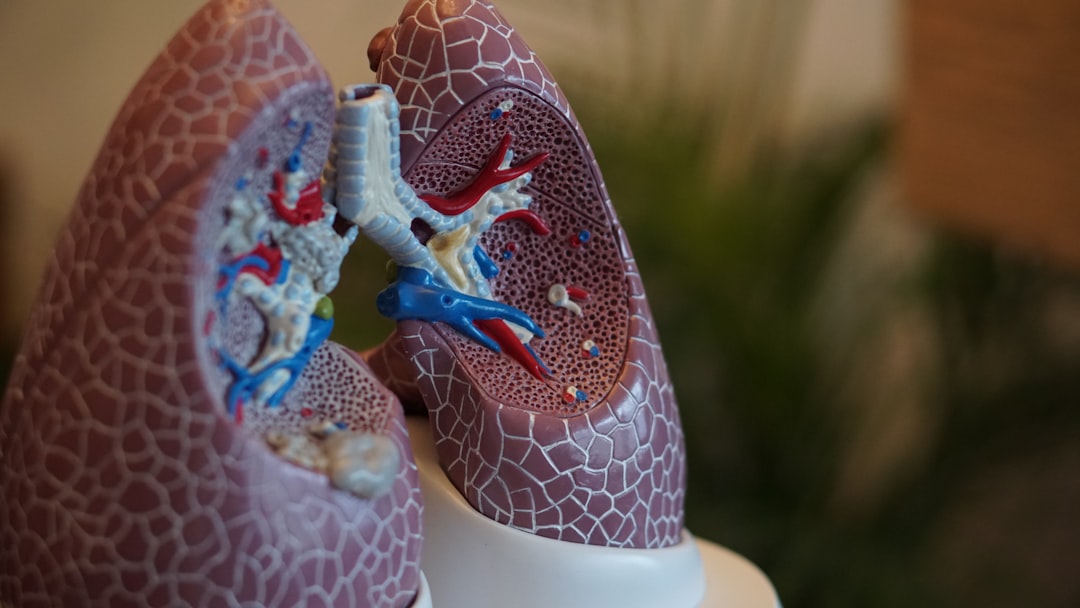The Best Neck and Shoulder Pain Relief Tip

Photo by Siddhant Kumar on Unsplash
Originally published in In Fitness and In Health
“I carry my stress in my neck and shoulders,” says everybody coming into my office.
I practice neuromuscular therapy, a massage technique aimed at unwinding tense and damaged muscles to relieve muscle and nervous system problems, such as poor circulation, bad posture, nerve compression, or issues from old, new, or recurring injuries.
It feels like everybody and their mothers have issues with their neck and shoulders. Some of it can be attributed to working at desks, posture slowly sliding forward into the computer screen as one’s spine becomes more of an angry croissant than the graceful S indicative of healthy posture.
More often, I see it comes from stress.
In Greek mythology, Atlas was condemned by Zeus to hold up the earth and sky after the Titanomachy war. Artwork of the Greek god depicts the muscular man carrying the earth on his upper back, balanced between his shoulder blades and beneath a flexed cervical spine.
Ouch, he is literally carrying the weight of the world on his shoulders.
But why are you carrying the weight of the world on your shoulders?
Zeus didn’t condemn you to hold up earth and sky for all eternity, yet the stress of the world, society, and all of its cyclical problems end up balled within the muscle fibers of your upper back and neck, just like the weight Atlas was sentenced to bear.
Anxiety…
Neck and shoulder tension is a very common symptom of stress and anxiety, as it is part of your body’s fight-or-flight-or-faint response to a perceived threat in your environment.
When you’re facing a threat, your heart rate increases, your muscles tense, and your blood rush to your limbs in preparation for the impending fight.
While this may be very helpful if you’re facing an angry mama bear in the woods protecting her cubs, this isn’t exactly helpful when you’re dealing with toxic co-workers or an irritated boss.
You may not need your fists to deal with them, but your muscles still want to react somehow, so you hurt yourself instead, even if it is only subconsciously.
“Holding on to anger is like grasping a hot coal with the intent of throwing it at someone else; you are the one who gets burned.” Buddha
Your muscles may relax once the perceived threat has passed, however, if your stress is ongoing or chronic, this may not happen. So you’re stuck carrying around your physical response to a stressful event indefinitely, like Atlas and his heavy-looking globe.
If your stress is chronic, it's hard for your muscles to relax. I’ve felt muscles in clients’ necks, shoulders, and upper backs that feel like they’re literally holding a weight. That tension doesn’t go anywhere as they proverbially hang on to the weight of the world. It takes a while to get that muscle to let go, let alone work out the little trigger points (or “knots”) that cause pain.
How to put down the weight of the world.
If it’s stress that's causing your upper back and neck to feel tight and painful, a massage may feel great, but you’ve also got to manage the stress to make the effects last. (Although massage itself is a good stress reliever).
Stress is a part of life. Some stress is good, as it’s how our bodies get our attention when something is wrong. But when that stress isn’t managed and becomes chronic, then you’ve got a real problem.
Learning good stress management…
You can google “best stress management techniques” and come up with a laundry list of ideas.
The best stress management technique is going to be what is best for you.
What makes you feel good?
For me, it’s yoga. Something about mindfully moving my body into contorted positions and sitting with a bit of discomfort is stress relieving, and considering 300 million people worldwide do yoga, there is something to it.
But if yoga isn’t your jam, then it may cause more stress than relieve it. Exercise, however, in whatever form you love, is a fantastic stress reliever.
“Exercise releases endorphins, endorphins make you happy. Happy people just don’t shoot their husbands.” Elle Woods.
For real though, exercise pumps up the release of your body’s feel-good neurotransmitters, endorphins.
Exercise also can help reduce the pain and tension that have built up from stress. When you don’t move your muscles, tension can build. Many of the body’s problems can be traced back to a sedentary lifestyle. If you’re feeling particularly stiff and painful, getting a bit of exercise in can return blood flow to those stiff areas, strengthen weakened areas, increase flexibility, and thus, reduce pain.
Exercise is grounding. It’s meditation in motion. It brings you home to your body. When you are moving and working up a sweat, it’s hard for your mind to be elsewhere besides in the present moment.
Speaking of the present moment…
Meditation is another well-known stress reliever. Research shows meditation is an effective stress-management tool and can reduce symptoms of anxiety.
If sitting still isn’t for you, there are so many types of meditation out there. Movement-based meditations focus on moving your body while being aware of those movements and how they feel in your body. Yoga, technically, is meditation in movement. As well as, like I said before, exercise.
If it’s hard to focus your mind in stillness, guided meditations can give you something to focus on. There are several popular apps out there, like Headspace and Calm. You can also find tons of guided meditations on YouTube and Gaia.
Get a hobby…
Making time for hobbies that you love is also a fantastic way to relieve stress.
Creative acts have a calming effect on the brain and body. The Theory of Cognition suggests that creativity is a basis for human life. We are, ourselves, a creation, and therefore we are meant to be creative.
Creativity, such as playing music, creating artwork, writing, painting, sculpting, sewing, crocheting, doodling, gardening, or whatever floats your boat, has been linked to increased happiness, improved mental health, increased immunity, decreased dementia, and, you named it, less stress.
Final thoughts...
If you think you carry your tension in your neck and shoulders, you aren’t alone. As Atlas carried the weight of the world on his shoulders, many people have followed suit, carrying around a proverbial world of problems on the back of their necks.
The world may have it’s issues, but you don’t have to carry it with you every day. Put down that tension, find ways to manage your stress, and you may just be surprised how much tension is lifted out of your muscles.












If you enjoyed this article or recipe, please consider giving it a comment! It helps others discover my blog and recipes, and your comments always make my day :) Thank you for your support!
Your email address will not be published. Required fields are marked *